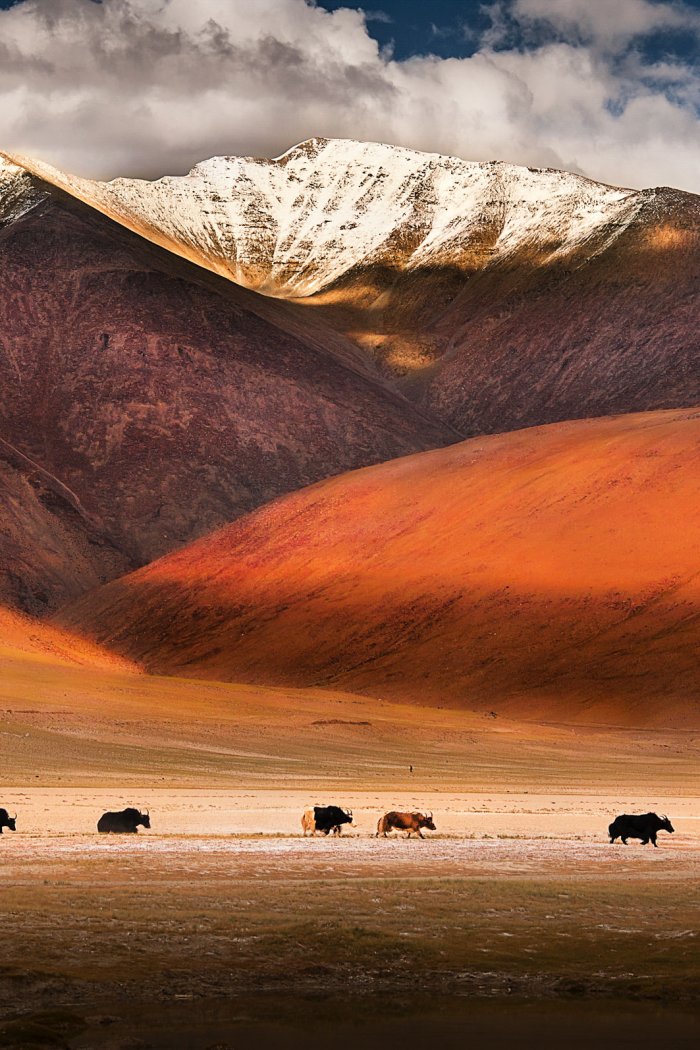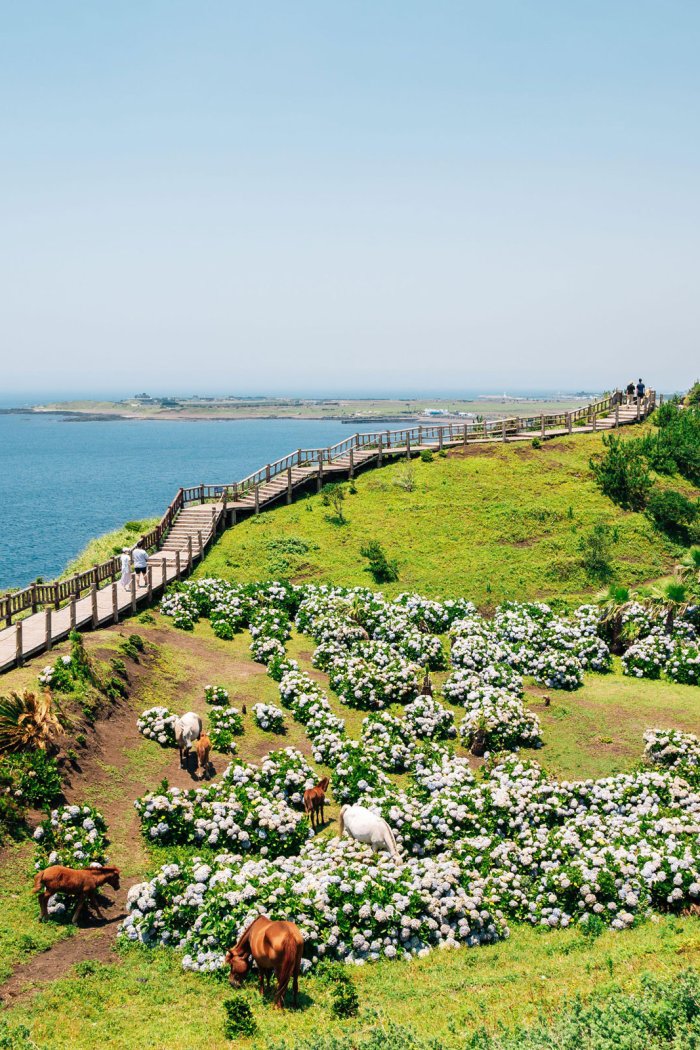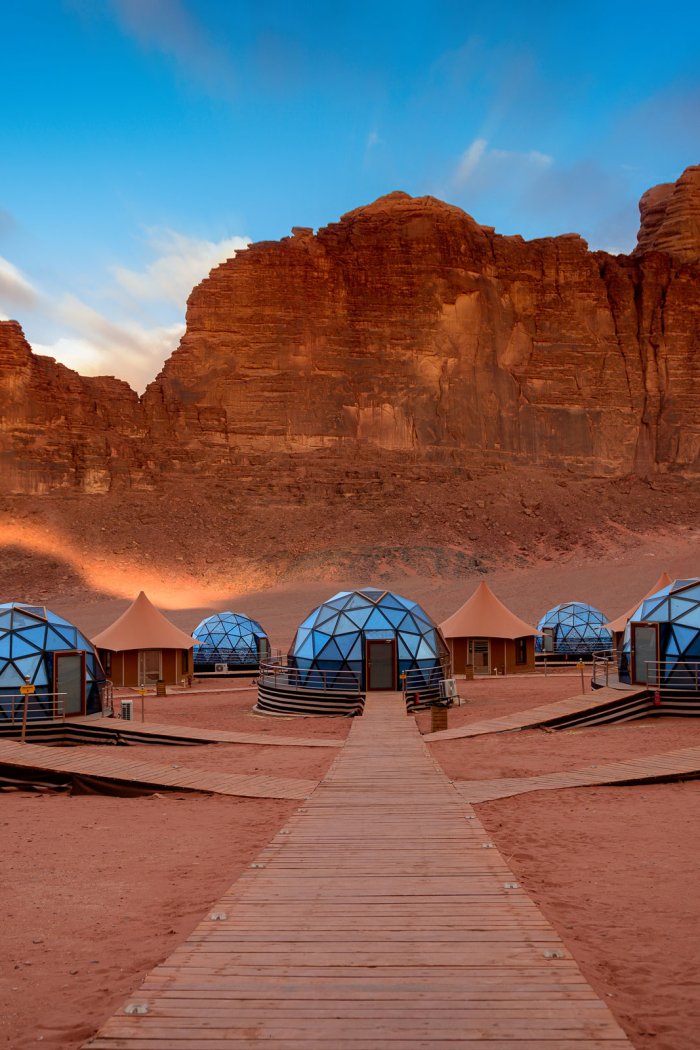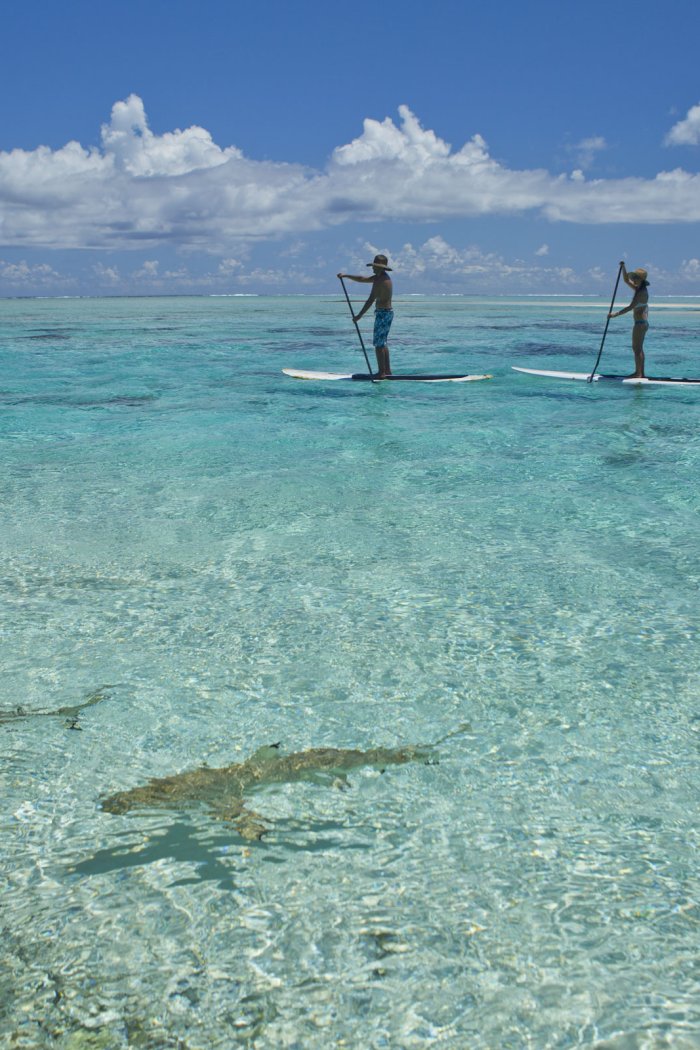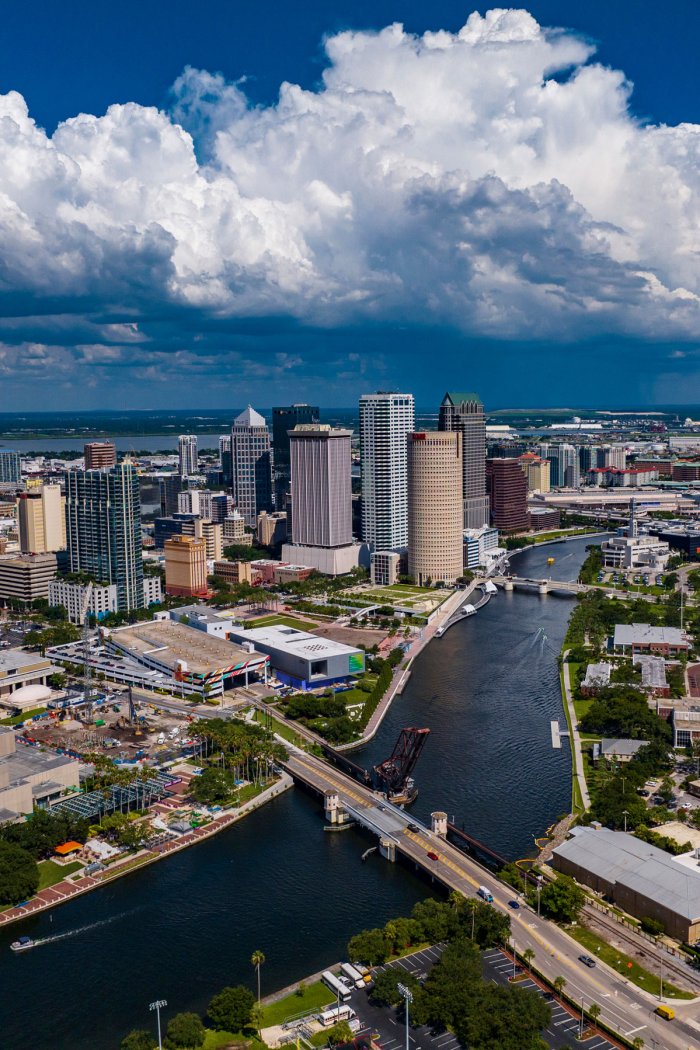Cowboys, capybaras, and caipirinhas coexist in the world’s largest tropical wetland, the Pantanal. At more than 75,000 sq. mi., this rural region of Brazil nestled near the Paraguay border is a labyrinth of rivers, pastures, and islands where both people and wildlife thrive. For generations, ranchers here have coexisted with native fauna by learning to work with the land, rather than against it. The result is a thriving ecosystem where visitors can immerse themselves in a South American safari beneath flocks of colorful macaws, toucans, and spoonbills while searching for South America’s signature apex predator, the jaguar.
The lush wetlands of the Pantanal are a hot spot for conservation work focusing on some of South America’s most elusive species. The Hyacinth Macaw Project has brought these brilliant, blue birds back from the brink of extinction in the Pantanal. Meanwhile, INCAB Brasil leads nationwide conservation efforts for the lowland tapir through annual fieldwork. And the jaguar is nurtured by groups like Onçafari, who work to safeguard the majestic animals along with other rare predators like maned wolves.
Campo Grande, the largest city in the state of Mato Grosso do Sul, is a stepping-off point for excursions into the wetlands. From here, travelers can view hundreds of aquatic species that call the Pantanal home at the brand new Biopark Pantanal or catch a flight to a luxurious, tropical safari lodge like Caiman Brasil.
At independently owned posadas (in this remote region, nearly everything is owned and operated by locals) like Baia das Pedras, visitors have a chance to immerse themselves in the area’s unique culture by enjoying home-cooked meals, afternoon siestas, and horseback riding to the far stretches of the wetlands.
- Cybersecurity Experts Are Sounding the Alarm on DOGE
- Meet the 2025 Women of the Year
- The Harsh Truth About Disability Inclusion
- Why Do More Young Adults Have Cancer?
- Colman Domingo Leads With Radical Love
- How to Get Better at Doing Things Alone
- Michelle Zauner Stares Down the Darkness
![Worlds-Greatest-Places-Pantanal-Brazil Pantaneiros [Brazilian cowboys] on horseback near the Piuval Lodge in the Northern Pantanal, State of Mato Grosso, Brazil. (Wolfgang Kaehler—LightRocket/Getty Images)](https://api.time.com/wp-content/uploads/2023/03/Worlds-Greatest-Places-Pantanal-Brazil.jpg?quality=85&w=2400)
